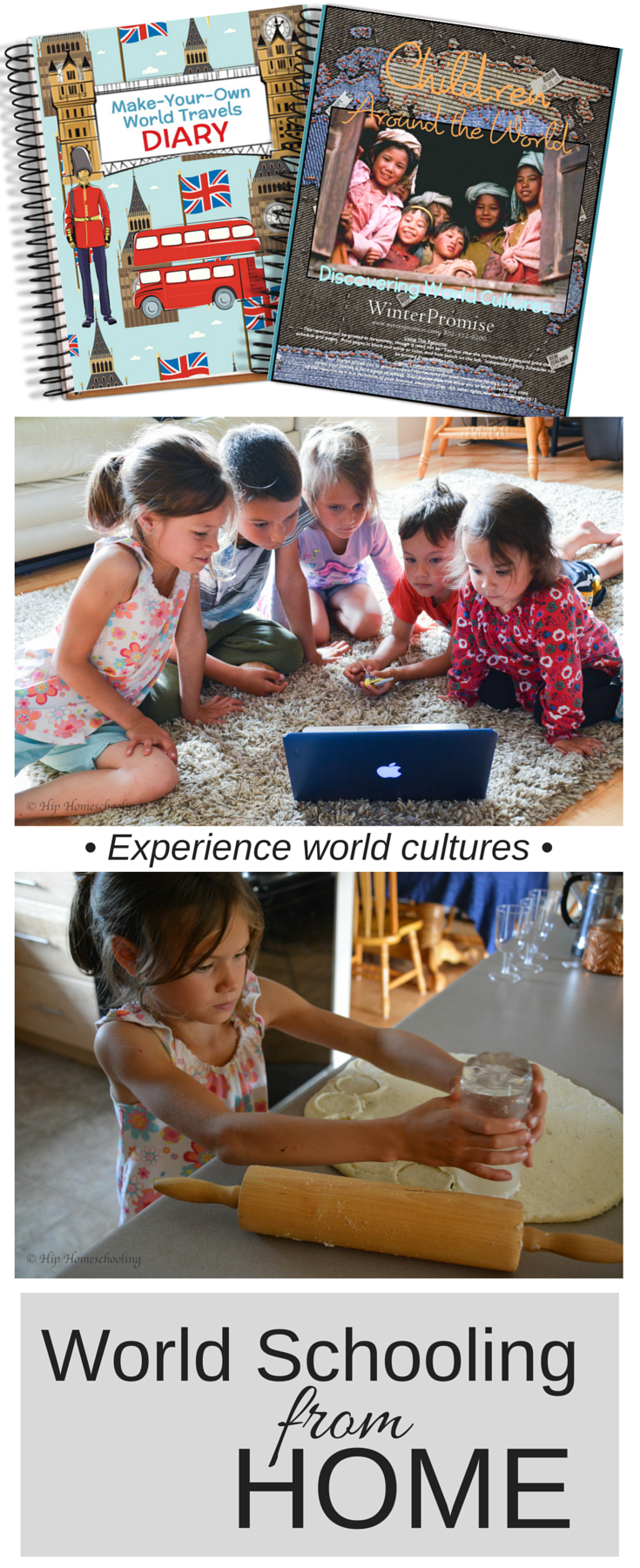Beyond Books: Home Schooling Extracurricular Adventures

Beyond Books: Home Schooling Extracurricular Adventures
Extracurricular pursuits are a vibrant aspect of home schooling, offering students diverse opportunities for personal growth and skill development. Explore the enriching world of extracurricular activities that go beyond textbooks, fostering a holistic education for home-schooled students.
Diversifying Learning Experiences: The Role of Extracurricular Pursuits
While academics form the core of home schooling, extracurricular pursuits play a pivotal role in diversifying learning experiences. These activities go beyond traditional subjects, providing students with hands-on, practical, and interactive opportunities to apply their knowledge and develop various skills.
Artistic Expressions: Nurturing Creativity and Imagination
Home-schooled students can immerse themselves in a world of artistic expressions through extracurricular activities such as painting, music, dance, and drama. These pursuits nurture creativity and imagination, allowing students to explore and develop their artistic talents in a supportive and flexible learning environment.
Sports and Physical Fitness: Building Healthy Habits
Engaging in sports and physical activities is an integral part of home schooling extracurricular pursuits. Whether through organized sports teams, individual activities, or outdoor adventures, students can build healthy habits, develop teamwork skills, and foster a lifelong appreciation for physical fitness.
STEM Exploration: Hands-On Science, Technology, Engineering, and Math
Extracurricular pursuits in the STEM (Science, Technology, Engineering, and Math) fields offer home-schooled students hands-on exploration and experimentation. Robotics clubs, coding workshops, and science fairs provide opportunities to delve into these subjects beyond the confines of textbooks, sparking a passion for STEM disciplines.
Language and Literature Clubs: Cultivating Communication Skills
Language and literature clubs are avenues for home-schooled students to cultivate their communication skills. Book clubs, writing workshops, and language exchange programs contribute to an enriched language learning experience. These activities enhance literacy, critical thinking, and effective communication.
Community Service and Volunteerism: Fostering Social Responsibility
Extracurricular pursuits in community service and volunteerism instill a sense of social responsibility in home-schooled students. Engaging in projects that benefit the community fosters empathy, compassion, and a commitment to making a positive impact on the world.
Culinary Arts and Home Economics: Practical Life Skills
Home schooling allows students to explore practical life skills through extracurricular pursuits like culinary arts and home economics. Cooking classes, gardening projects, and home management activities provide hands-on experiences that contribute to self-sufficiency and a well-rounded education.
Entrepreneurial Ventures: Fostering Business Acumen
Extracurricular pursuits can extend into entrepreneurial ventures, allowing home-schooled students to explore their business acumen. Initiatives such as starting small businesses, participating in entrepreneurship competitions, or joining young innovators’ programs provide real-world experiences in business and innovation.
Outdoor Adventures: Connecting with Nature
Home schooling extracurricular pursuits often include outdoor adventures that allow students to connect with nature. Hiking, camping, wildlife exploration, and environmental projects not only promote physical activity but also instill a deep appreciation for the environment and sustainable living practices.
Home Schooling Extracurricular Pursuits: A Holistic Educational Journey
In conclusion, home schooling extracurricular pursuits contribute significantly to a holistic educational journey. These activities expand learning beyond traditional academic subjects, fostering personal growth, skill development, and a well-rounded perspective on life.






